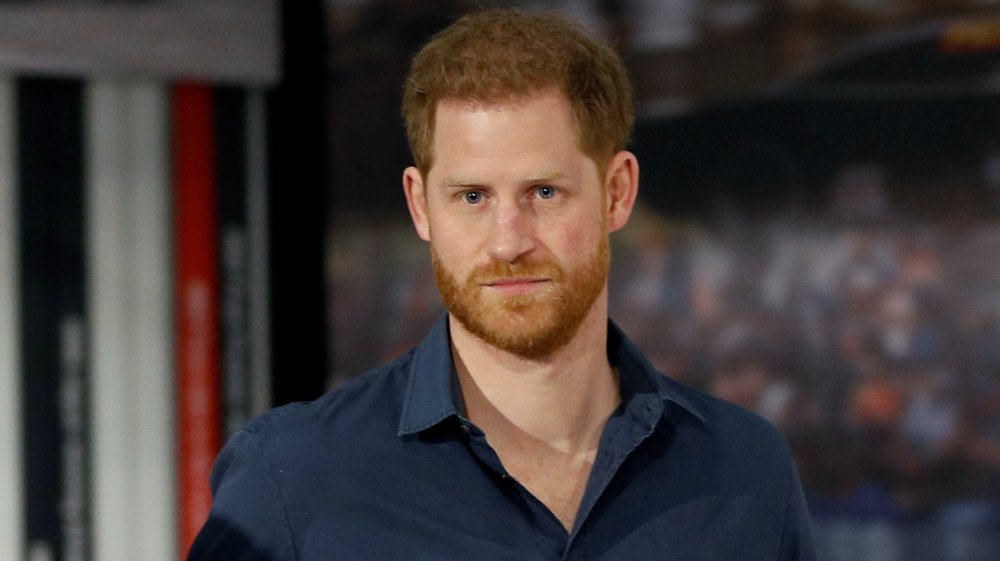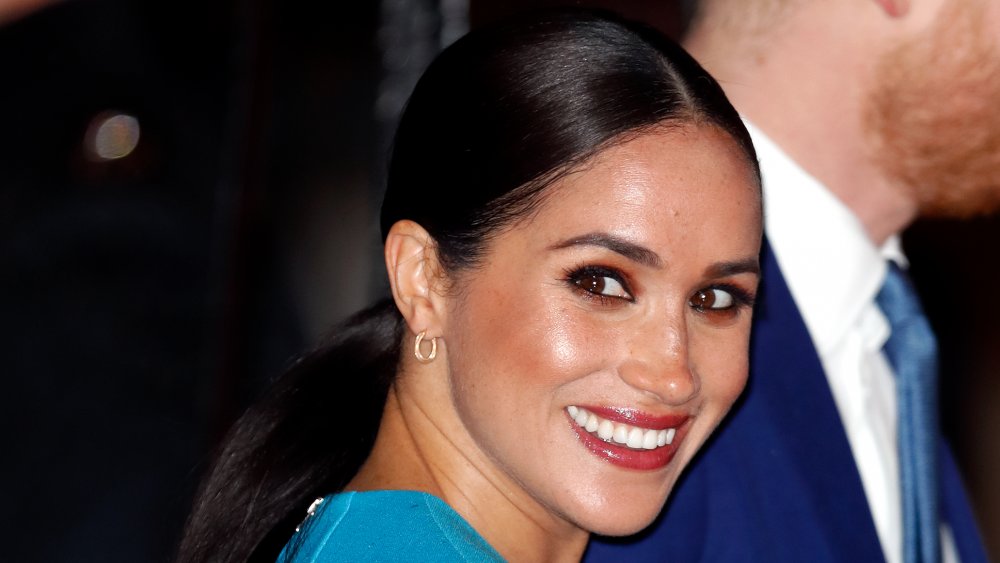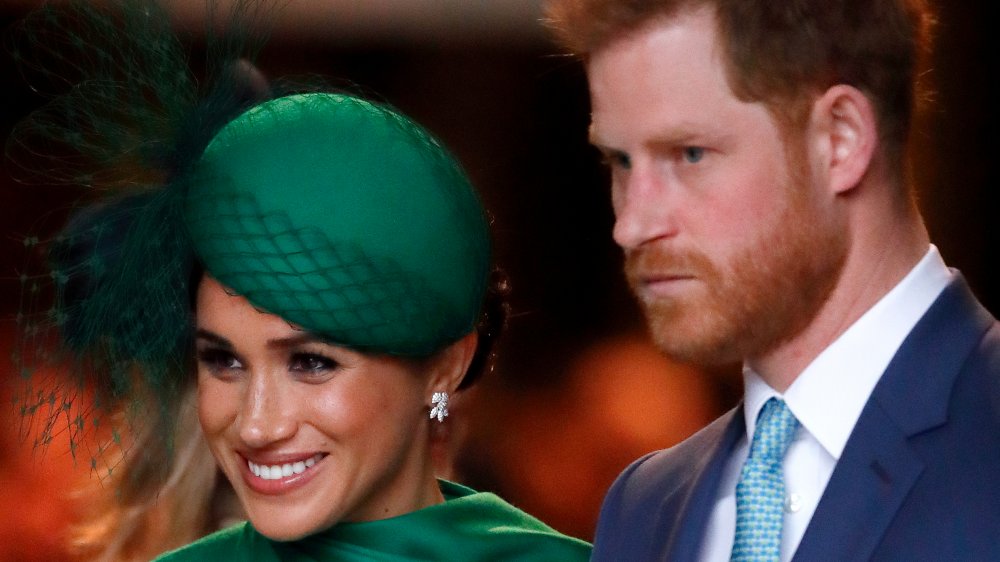Expert Explains What Prince Harry's Shifting Accent Really Means
It's only been a few months since Prince Harry and Meghan Markle stepped back as senior royals and moved to the United States, but it seems that Prince Harry is already starting to lose his English accent. It's not exactly an American accent, but it's definitely shifting in that direction according to one expert.
Prince Harry's new accent can be heard in a promotion for Rising Phoenix, a Netflix documentary which dives into the history of the Paralympic Games. To promote the documentary, the royal participated in a Zoom call with several Paralympians.
While Prince Harry still sounds quite English, Judi James, a body language analyst, told Express that he has "adopt[ed] the traces of an American accent when he pronounces 'matter' as 'madder.'" This, according to James, is proof that the Duke of Sussex is adjusting to his new life in America and "shows signs of his immersion."
Meghan Markle's accent shifted when she lived in the U.K.
Interestingly, Meghan's accent was also said to be shifting when she moved to the U.K. to be with her husband. In 2018, E! News reported that royal watchers on Twitter noticed that she seemed to be starting to lose her American accent.
Not everyone was convinced that they heard an English accent creeping into Markle's voice, though. "There does seem to be something in the idea that Meghan Markle's speech has changed a bit, at least in some settings," phonetics and pronunciation specialist Dr Geoff Lindsey told BBC. He added, "There are occasional vowels which sound a bit more British," although he did note that any "differences are subtle."
Phonetics professor Jane Setter agreed that Meghan's vowel pronunciation shifted slightly, but the change was "not huge." Sociolinguist and professor Paul Kerswill, on the other hand, noted that what people thought was a shifting accent may have actually been an illusion based on Meghan's wardrobe. "It's been proved that appearance, ethnicity and age all influence what we think we hear, even when there's no difference in what is being played back in the audio," he said.
Meghan Markle adopted some 'Britishisms' while in the U.K.
Whether or not Meghan's accent actually shifted, her staff in the U.S. have reportedly observed that living in the U.K. changed her vocabulary. According to a source, they're amused that she has retained some of what she picked up in the U.K. since moving back to America.
"Meghan was the all-American girl before she met Harry, but since living in the U.K. she's adopted certain phrases," they told The Sun. "Her staff think it's amusing to listen to an American celebrity using Britishisms. She's often heard saying, 'Oh dahling,' to people at home. They do have a giggle about it and sometimes they do impressions of her but only in a light-hearted way. It's funny to them."
The source added that it was only a matter of time before Prince Harry did something similar. "No doubt he'll start to pick up Americanisms soon and will be asking staff to take out the trash," they said.
Shifting accents are completely normal
Meghan may have never completely adopted an English accent, and it's unlikely that Prince Harry will ever sound fully American. It's normal, though, for accents to shift. A 2017 study published in Language found that it's common for adults' accents to change depending on who they interact with. The study observed accent shifts on the show Big Brother UK, which houses contestants together in isolation for three months. They found that "accent change over the medium term is ubiquitous: large daily fluctuations in each sound variable are the norm, while longer-term change over weeks to months occurs in a minority of cases."
As Setter told BBC, this phenomenon is known as "accommodation," and many people adapt how they speak based on who they're speaking to. "We all do this to some extent – speak differently with different people," she said.
Sociolinguist Dr. Ella Jeffries told the outlet that people who are trying to fit into a new environment are more likely to experience a shift in accent. "Someone who has a strong affiliation with the region they grew up in and is very proud of their heritage for example, might not change the way they speak much — even if they move to another part of the country, or even abroad," she said. Jeffries added, "However, someone with lots at stake in trying to 'fit in' or sound like they belong to a new in-group... might find accommodation happens quite naturally and quite quickly."



